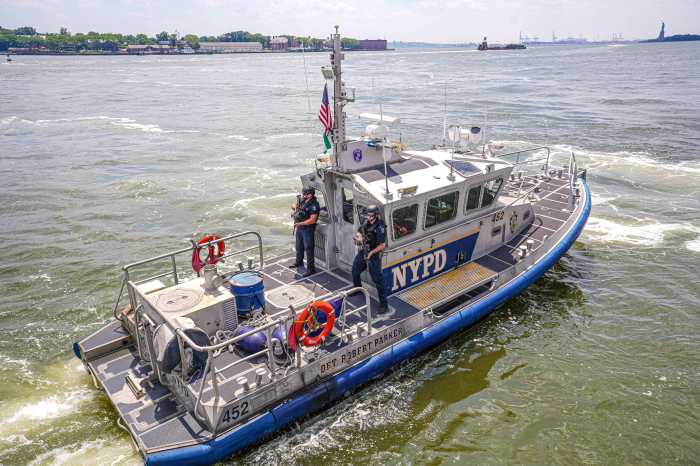By Philip Newman
Transit officials plan to close nine Queens subway station fare booths this summer and three more by the end of the year because of the elimination of tokens and the system’s deep financial straits.
New York City Transit Authority chief spokesman Paul Fleuranges had said the TA would not disclose the list of booths to be shut down until next month, but the Transport Workers union made the list public Monday.
TA spokesman Mark Groce confirmed Tuesday that “the Transport Workers’ list of booth closings is correct.”
The following Queens subway fare booths are to be shut down in July:
Woodhaven Blvd. (J)
Hudson St. (A)
Rockaway Blvd. (A)
111th St. (A)
63rd Drive (G)
67th Ave. (G)
Sutphin Blvd. (F)
Parsons Blvd. (F)
Vernon-Jackson (7).
The following are to be close by the end of 2003:
Woodhaven Blvd. (G)
33rd Street/Rawson (7)
46th Street/Bliss (7).
The Metropolitan Transportation Authority originally announced the closing of 177 fare booths, including 27 in Queens, but later reduced the total citywide to 62 and 12 booths in Queens.
The closings are part of the MTA’s financial plan to cope with a nearly $1 billion budget and include a subway and bus fare hike from $1.50 to $2 along with fare increases on the Long Island Rail Road and Metro-North Commuter Railroad and a raise in bridge and tunnel tolls.
The MTA said closing 62 booths would save $6 million over a two-year period.
At public hearings in February, many speakers protested the fare booth closings as vehemently as they did at the prospect of a higher bus and subway fare.
Some predicted that without the clerks keeping watch, crime would flourish in subway stations.
In a city council public hearing on the proposed closings, a woman told of being raped in a Manhattan subway station and how her attacker was almost immediately caught in the station through help from the fare booth clerk.
The MTA board voted Monday to approve installation of special gates for the blind in stations where booths are to be closed as well as special equipment to permit straphangers to ask for and receive directions or other information.
The sale of tokens ended April 12, although tokens can be used on public buses through the end of the year. Most straphangers use fare vending machines to purchases MetroCards.
Gene Russianoff, attorney for the transit watchdog agency Straphangers Campaign, has long opposed shutting down the subway booths.
“At a time when the city is under a terrorist alert, we wonder whether this is the time to remove these clerks who have long been the eyes and ears for security,” he said.
Reach contributing writer Philip Newman by e-mail at Timesledger@aol.com or call 229-0300, Ext. 136.


































